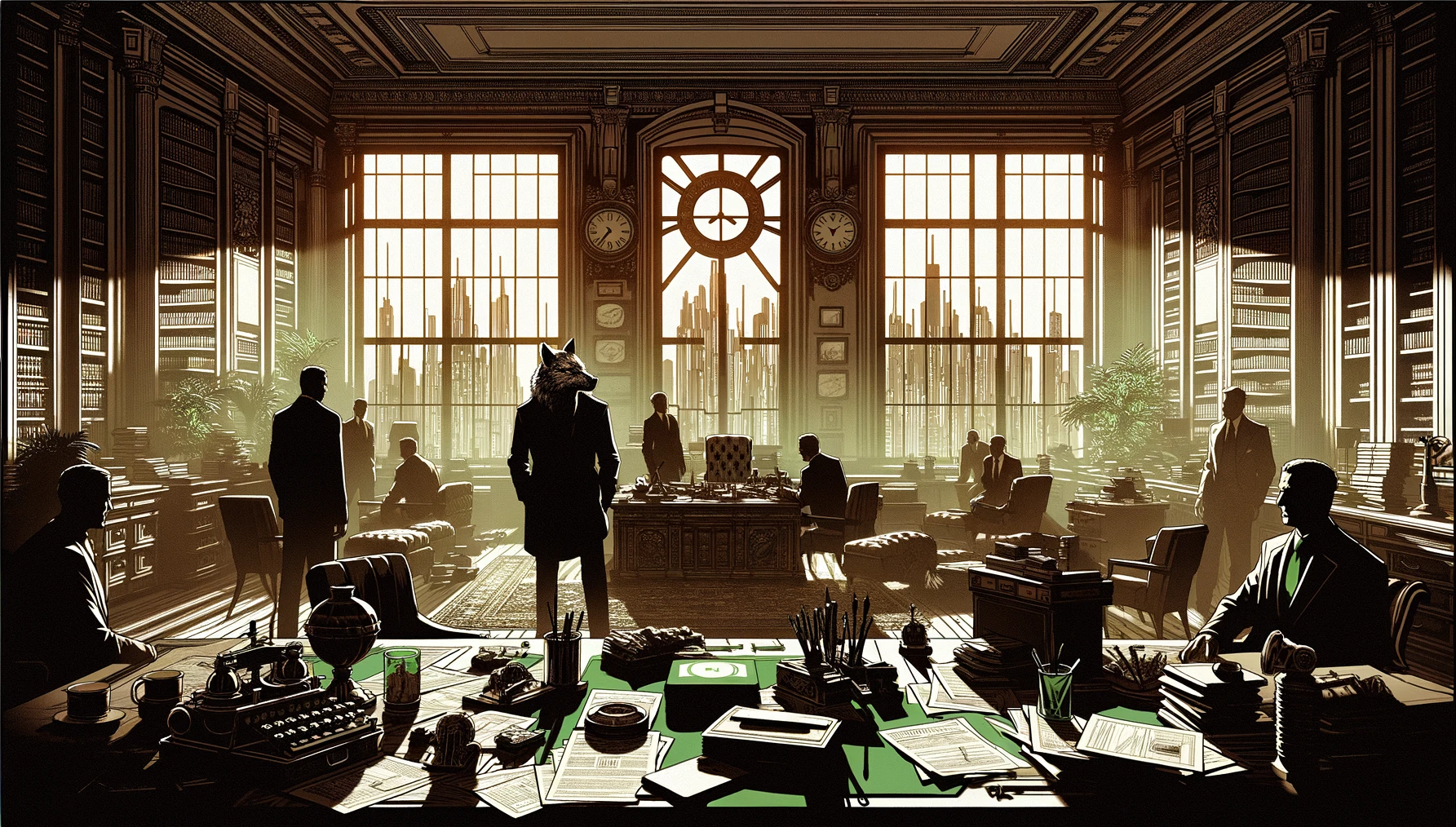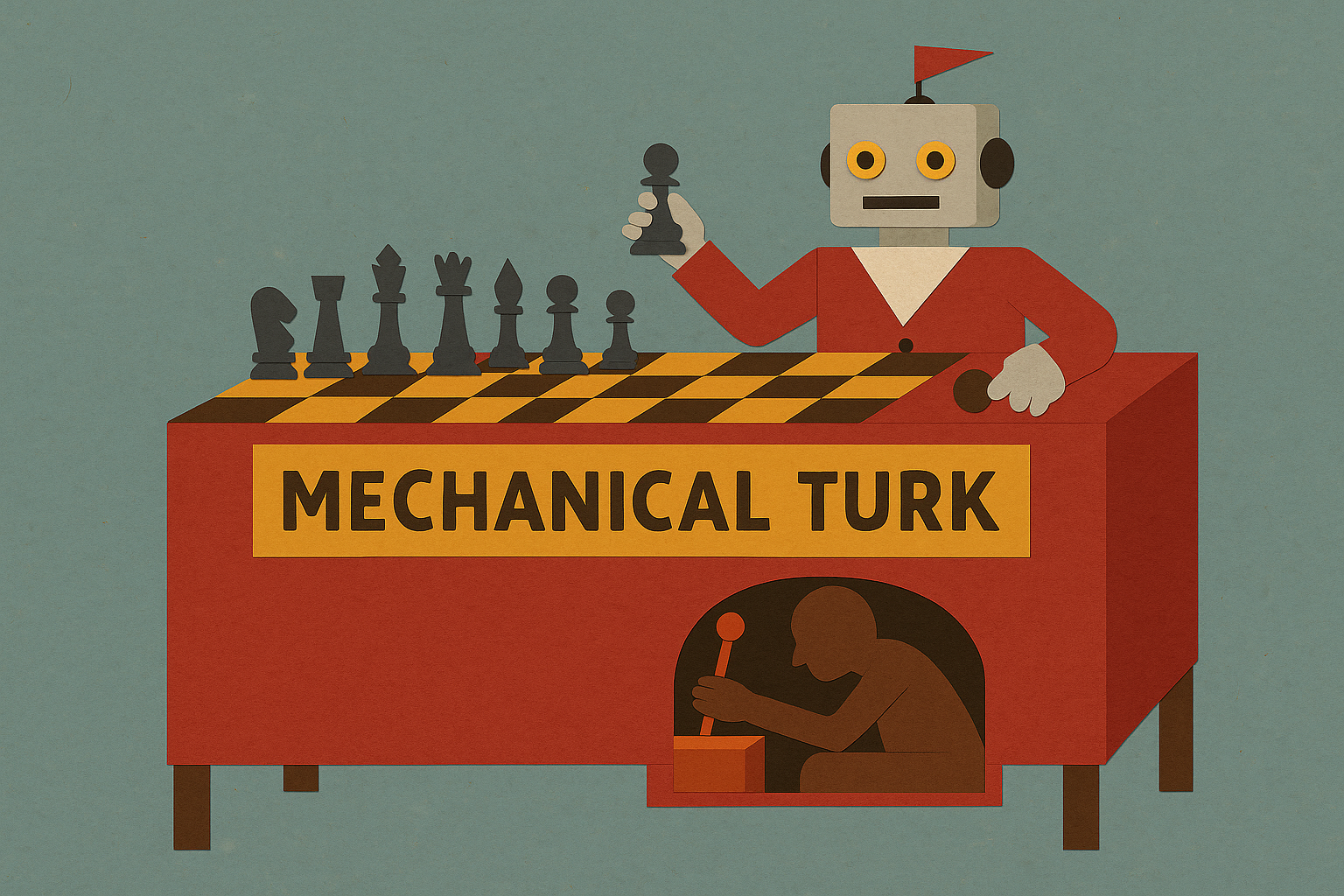While technology may change, human behavior does not. At least, that’s what reading the collection of Aesop’s Fables suggests. The characters and motivations in the parables, attributed to Aesop after he died in 564 BCE, remain relevant today.
Aesop 2021 projects these well-known (and not-so-known) stories into an age only a stone’s throw from our own. When cynicism and pessimism abound, hope becomes a rebellious act against the tyranny of the default. Each story recasts a fable’s lesson from our upcoming solarpunk future as a software tale.
The Aesop 2021 project is part of the Never Break the Chain March Writing Challenge. The original sources were translated by George Fyler Townsend and provided under the Project Gutenberg license. Addition reference provided by a Library of Congress interactive book adapted from the public domain book “The Aesop for Children: with Pictures by Milo Winter,” published by Rand, McNally & Co in 1919.
Below is the latest installment.

The last billionaire, who others derided as “The Wolf”, faced a legal quandary. In the before times, only human authors could receive copyright. However, recent renewed calls for what constituted a “recognizable living entity” threatened a century of established case law - a threat to the status quo that was The Wolf’s bone to pick.
The Wolf turned to Crane & Co., PLLC, a legal firm renowned for its ability to navigate the labyrinthine corridors of IP law. Jumping directly into the problem’s maw, Crane ingeniously sowed seeds of dissent and doubt among the public and lawmakers. Cries of “We’ll be replaced!” stirred a considerable amount of fear, uncertainty, and doubt across the societal spectrum.
Crane, having navigated the murky waters of public opinion and legal intricacies, approached The Wolf for their agreed-upon fee. It was a considerable amount, considering the complexity and scale of their undertaking.
However, The Wolf dismissed all payment requests. He argued that the exposure and injection of the firm into public discourse were compensation enough. “Crane should be thanking me for the publicity they received for my case”. Privately, The Wolf also suggested that Crane & Co. was fortunate that he didn’t seek further compensation - after all, they had profited from using his expansive portfolio to make their case.
Original Fable
A WOLF who had a bone stuck in his throat hired a Crane, for a large sum, to put her head into his mouth and draw out the bone. When the Crane had extracted the bone and demanded the promised payment, the Wolf, grinning and grinding his teeth, exclaimed: “Why, you have surely already had a sufficient recompense, in having been permitted to draw out your head in safety from the mouth and jaws of a wolf.”
Moral of the Stories
In software as in life, serving those with wealth and power is perilous. Expecting gratitude or fair compensation from individuals who have achieved their stature by subverting such expectations remains a precarious venture, at best.
Ultimately, in serving the wicked, expect no reward and be thankful if you escape injury for your pains.



